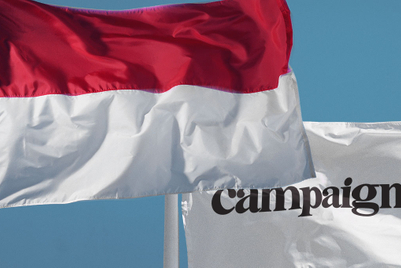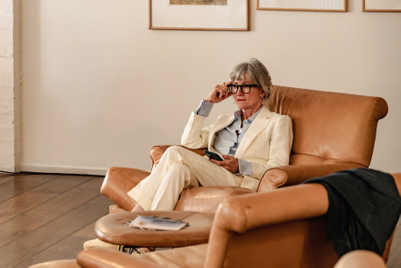
There are more differences than similarities between consumers in Mongolia and neighbouring China, although both countries celebrate Lunar New Year in a huge way, according to a BrandZ report released by WPP & Y&R Mongolia.
Ulaanbaatar has more in common with Jakarta, as both cities have enjoyed a fairly sudden surge of affluence from rapid development that both have struggled to keep pace with—explaining the immense traffic jams and impossibility of parking. In addition, spending in each country is being led by young, open-minded and digitally enabled consumers.
While Mongolia is a country better known for its vast wilderness and harsh climate than its market potential, a mining boom has grown its GDP to rates as high as 17 percent in recent years, creating a ready pool of affluent consumers to be sold to.
The report highlights 6 key factors for brands looking to establish themselves in Mongolia:
Inform and inspire: Mongolians are well-travelled and have been exposed to brands not yet officially launched in the market. There has been a strong propensity to travel among Mongolians due to a nomadic past.
Expect contradictions: Mongolia is different from other Asian or Central European markets. A largely Buddhist population with a strong Russian influence, consumers are diverse and live with seemingly contradictory values. The contradiction is the co-existence of Western inspiration and national pride in ‘pan-Mongolism’. However, take note that Genghis Khan references are overused by brands.
Ride on technological infrastructure: Leapfrogging is prevalent in certain sectors, as consumers go straight to mobile internet over laptop or desktop. Internet banking is rolling out fast, and e-payment is also commonplace.
Tap into social media: TV still dominates as a mass-medium, but online advertising is growing rapidly and remains a largely untapped opportunity for marketers, especially Facebook.
Centre marketing efforts on Ulaanbaatar: Business starts and ends in the Mongolian capital. Both the super-rich and middle classes are almost exclusively living in the capital, and most affluent consumers are 30-plus of age.
Don't go cheap: Cheap doesn’t mean good. A decade on the receiving end of cheap products has aroused suspicion and a preference for quality goods. End-of-season sales can cause discontent for consumers who had paid full price for a product two months prior.
David Roth, CEO for EMEA and Asia, The Store:
Mongolian consumers and the businesses that cater to them are hurdling stages of development that took years to pass in other markets; they are bypassing bank branches in favor of smart phone apps, and many emerging local brands are putting their advertising spend straight into social media.






.jpg&h=334&w=500&q=100&v=20250320&c=1)


.png&h=334&w=500&q=100&v=20250320&c=1)


.jpg&h=334&w=500&q=100&v=20250320&c=1)
.jpg&h=334&w=500&q=100&v=20250320&c=1)



.jpg&h=268&w=401&q=100&v=20250320&c=1)




.jpg&h=268&w=401&q=100&v=20250320&c=1)
